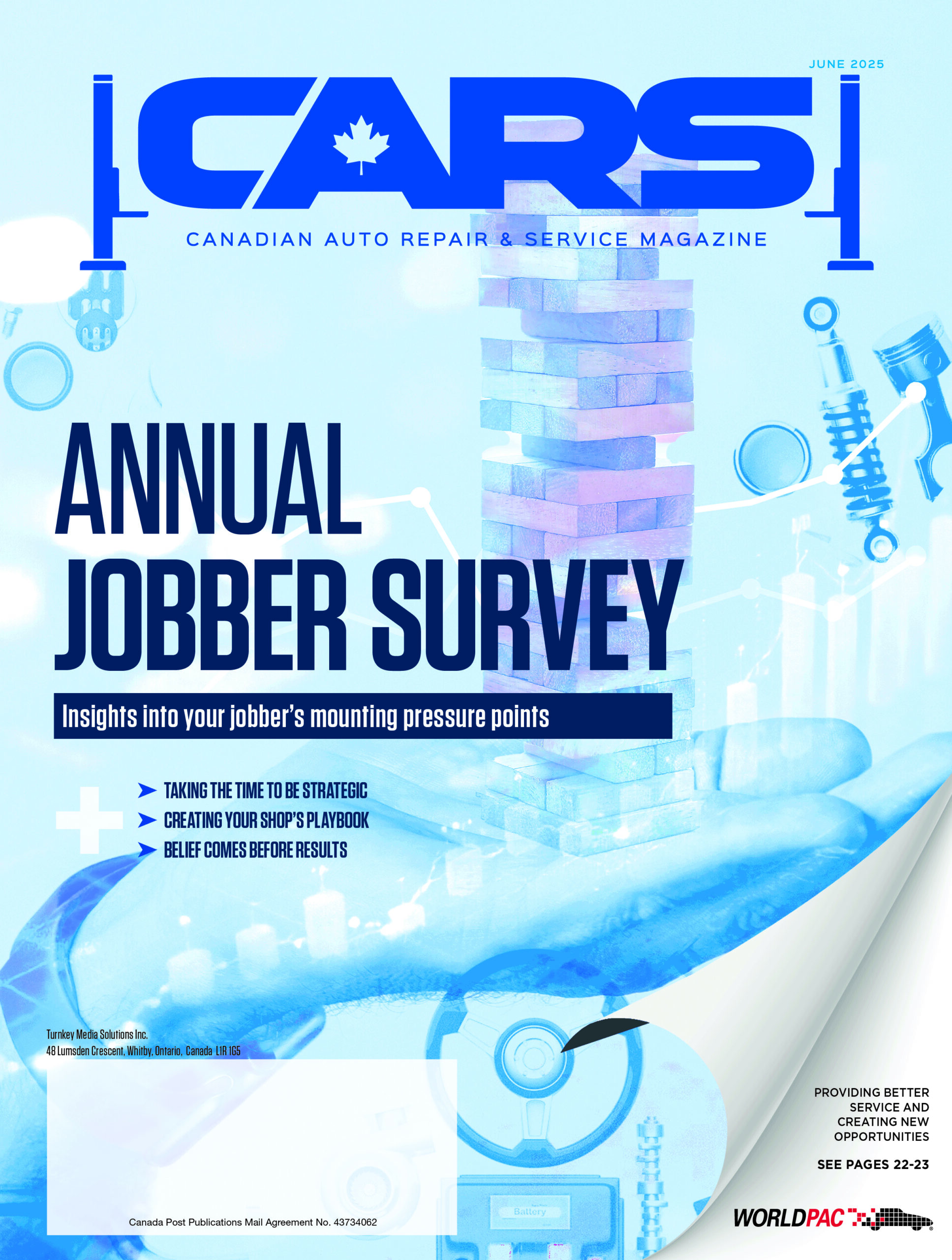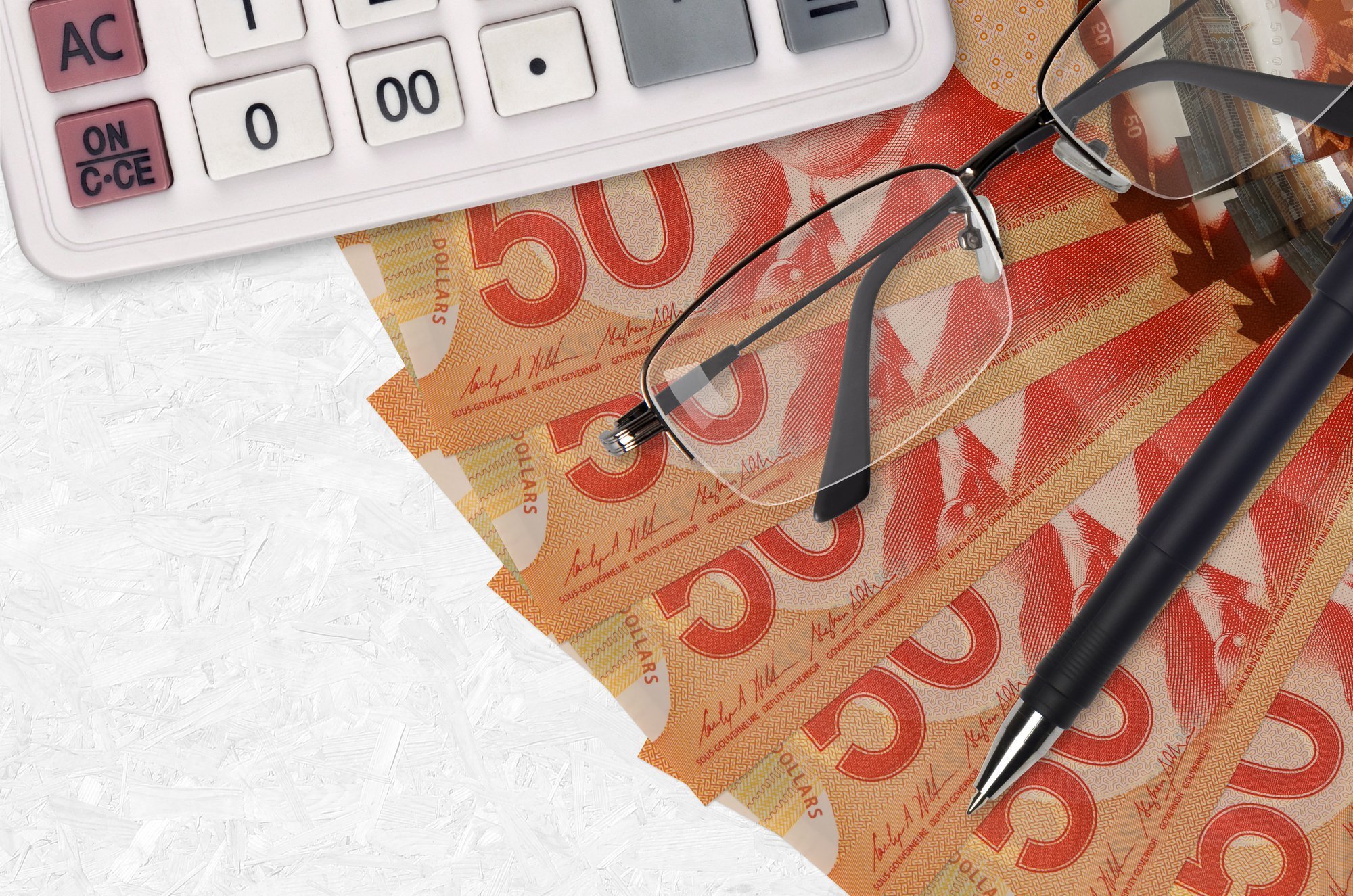
With the coronavirus in full transmission mode, many shops are trying to minimize face time with their customers. This can complicate payments.
It’s simple enough if they’re paying with a credit card. That payment can be processed over the phone.
But what if someone wants to pay with cash or debit card? Neither of those can be done over the phone.
The next-best thing is adopting a policy to eTransfer money whenever possible.
The problem is some customers may not know how to do that. It is a very simple process as long as both parties have their own bank account and active email address or mobile phone number.
Tell your customer to
- Log into their online or mobile banking app and select the account they want to pay from.
- Choose a recipient to send the money to. That would be you. They will have to add you to their list of payees using your email or mobile number.
- Enter the amount they want to pay.
- Include a security question (if this is their first payment to you). You will have to discuss what that security question should be. Try to make it simple and unambiguous. It should not be something that can be answered in multiple ways or with multiple spellings.
- Confirm the transfer with a click.
That’s all.
Here’s what you’ll have to do to receive your money via Interac e-Transfer: Check your email inbox, text messages, bank or credit union app. Follow the instructions to login to your account and enter the security answer. Confirm with a click.
It’s pretty simple.
For obvious reasons, you don’t want to handle cash. Not only is it a good conveyance for contaminants, but many viruses can stay on surfaces in their fully active states for at least 10 days.
If you must handle cash, use gloves. “Quarantine” your bills for days if you can. If you have to move your money to a bank, put the bills into sealable bags.
Change gloves frequently throughout the day, and especially immediately after high-risk work such as cleaning or handling high-touch surfaces like door handles, counters, public phones and computer keys.
As you’ve heard many times now, wash your hands often.













Leave a Reply